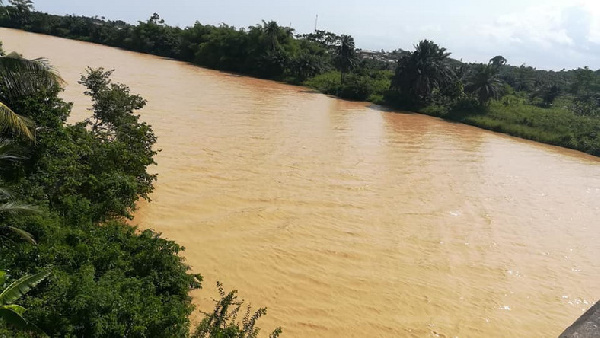
Ghana’s once-dependable rivers and lakes are now contaminated, putting women’s fertility at risk. Scientists have found that many of these water bodies are polluted with parasite eggs that cause schistosomiasis (bilharzia), a disease that can lead to infertility in women.
The contamination stems from open defecation and urination into these water sources. Schistosomiasis is caused by a parasitic worm that enters the human body through contact with infested freshwater. Symptoms include blood in urine, genital bleeding, and even miscarriages, often mistaken for sexually transmitted infections (STIs).
Dr. Joseph Larbi Opare, Programme Manager for Neglected Tropical Diseases (NTDs), warns that female genital schistosomiasis (FGS) is a major but often overlooked reproductive health threat. Research shows that while the infection rate among men in Ghana is under 1%, it affects 10-17% of women.
FGS can lead to infertility by blocking reproductive organs due to inflammation. The disease primarily affects children aged 5-14, who frequently play or swim in contaminated water. Dr. Opare urges people in high-risk areas to participate in mass drug administration exercises organized by the Ghana Health Service (GHS) to combat the disease.

